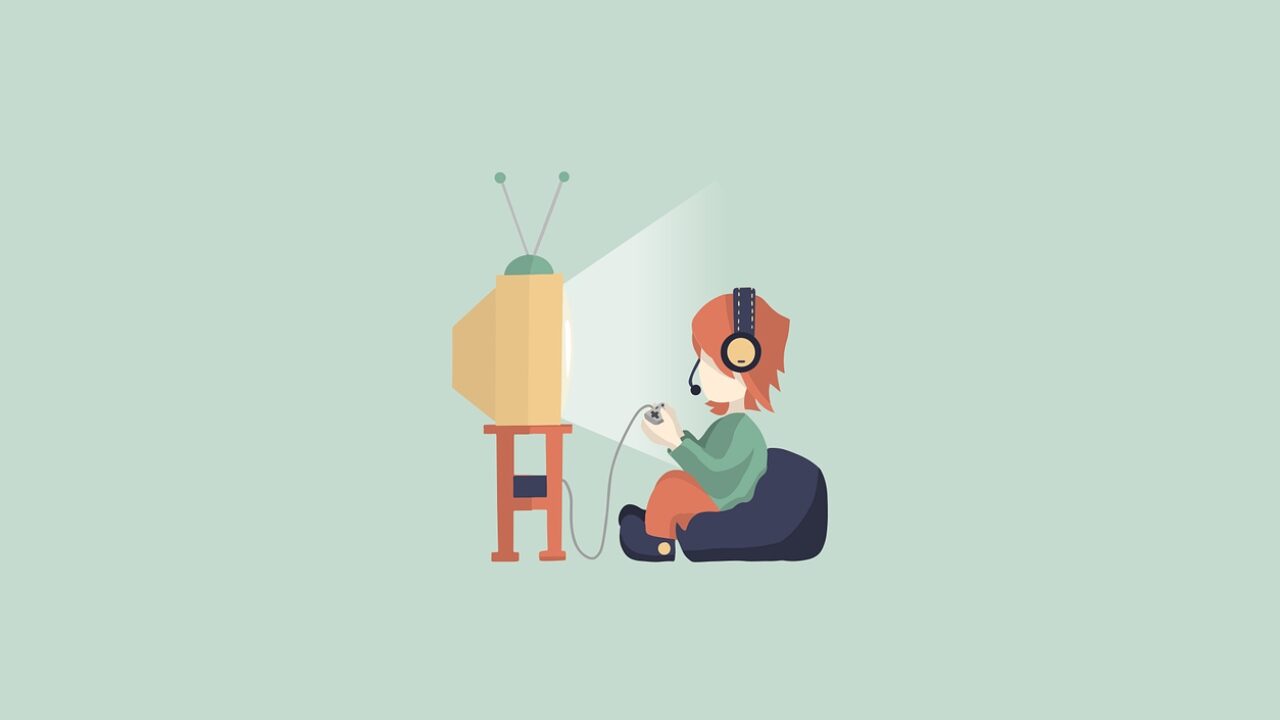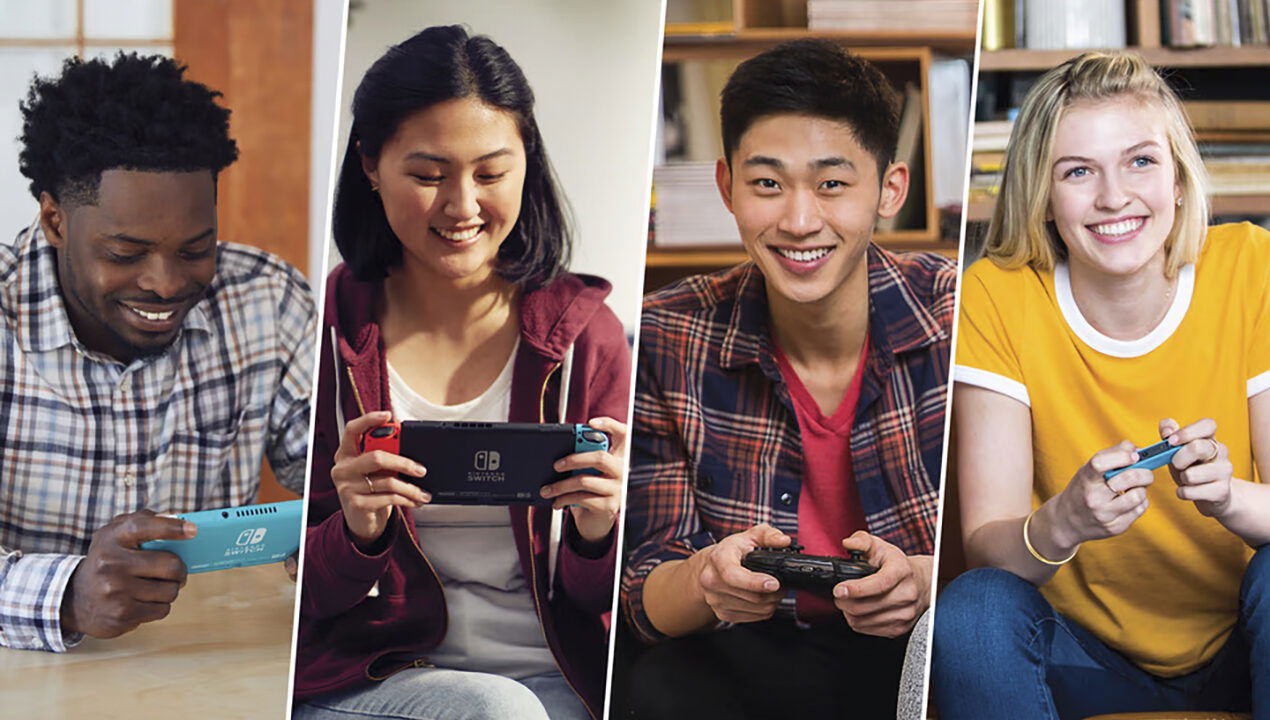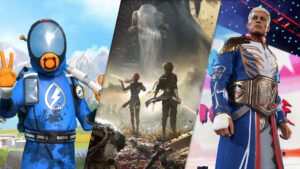There’s more to gaming these days than just playing and scoring points. It’s focused on our identity, how we express ourselves, and how to form bonds with others. Virtual worlds provide millions with something more meaningful than fun: they feel like they belong. Whatever their goals, gamers come together in the spaces where games are played. Playing cooperatively is now one of the most essential features of gaming everywhere.
The Multiplayer Mindset
Since the beginning, gamers have been interested in connecting with other gamers. It’s hard to deny how much we share when approaching a dungeon with those we’ve never met or grinding with friends late at night. Games act as a tool for people to bond by speaking the same language.
It is not a coincidence; it’s something designers purposefully create. Because players are more likely to stay if they feel like they belong, developers include strong teamwork, guilds, and social areas in their games. Succeeding with a team, failing together, and developing insider jokes unite people in communities. It includes more than just playing games—it’s about sharing a community.
Here, those who sometimes struggle in face-to-face groups can finally participate and feel welcome. They can take on pretend roles, share how they think, support one another, and show their real selves. Many find that space is hard to come by and holds substantial value.
The Power of Digital Communities
The idea of community doesn’t just apply to competitive multiplayer games or online RPGs—it extends across all forms of digital entertainment. Regardless of whether they search on streaming platforms, social media sites, or online forums, people who play games look for places where others who enjoy gaming can come together.
This is where a strong casino affiliate network becomes invaluable. Affiliates don’t just bring in players—they bring in the right players. They tap into niche audiences, speak the community’s language, and help platforms feel more like social ecosystems than just transactional services. Think streamers who break down strategy during a session, or content creators who give honest reviews and respond to comments. Those voices create trust, and trust fosters a sense of belonging.
Leading digital platforms understand that today’s users want something more than just fancy features. People want to discover where their peers spend time online, what subjects are discussed, and what contributes to strong communities. Platform creators understand this new pattern and focus on making features that promote people’s connections, loyalty, and honest friendships, rather than just business deals.

From LAN Parties to Discord Servers
If you gamed back in the 2000s, you likely recall having a LAN party by bringing your PC to someone else’s home. Getting to know them face to face was beyond value, yet now it’s been changed by something bigger. Gamers prefer to join Discord, Twitch, Reddit, and TikTok communities. In these digital places, friendships begin, stories happen, and the latest games become popular.
Servers on Discord, in particular, are set up like your own personal social club. While you may join a server for a game, the inside jokes, unique emojis, and funny side talks usually keep you there. For many people, these forums are more than places to talk—they welcome digital communities.
While everyone seems to compete, the communities also manage to connect solo players. If farming sims get you going or you prefer action-packed survival horror, a niche and modded server will be there. You won’t need to play the game to win: You just have to talk about it online.
How Game Design Fuels the Need to Belong
Game developers aren’t just coding for performance or aesthetics—they’re designing for emotional impact. Many of the most beloved titles include built-in mechanics that subtly encourage players to form connections. Whether it’s the alliance system in Clash of Clans, the campfire chats in Red Dead Online, or even the neighborhood features in The Sims, game mechanics often double as social mechanics.
Progression systems are a big part of this. Daily quests, battle passes, and shared events all keep players coming back not just for rewards, but for each other. When you know your crew is logging in to tackle a time-limited challenge, there’s a sense of accountability and mutual excitement. You don’t want to miss out—not just on loot, but on shared memories.
Cosmetics, too, have become more than just vanity items. Skins, emotes, and badges allow players to express themselves and signal their place within a group. That’s not superficial—it’s how humans relate. Digital self-expression is how players communicate identity and establish belonging in their chosen worlds.
When Community Becomes a Lifeline
Gaming communities are more than just social circles—they can also be support systems. During the pandemic, millions of players relied on games to stay connected when the world went quiet. But even beyond crisis moments, these communities offer emotional safety nets.
For LGBTQ+ gamers, players with disabilities, and others who don’t always feel included in mainstream culture, gaming can be a place of visibility and validation. Organizations like Black Girl Gamers and AbleGamers prove that when the community is intentional, it becomes empowering.



